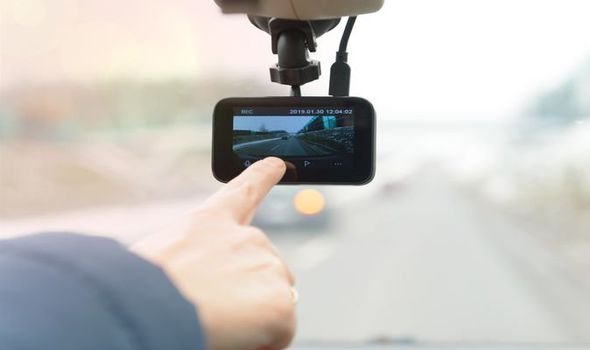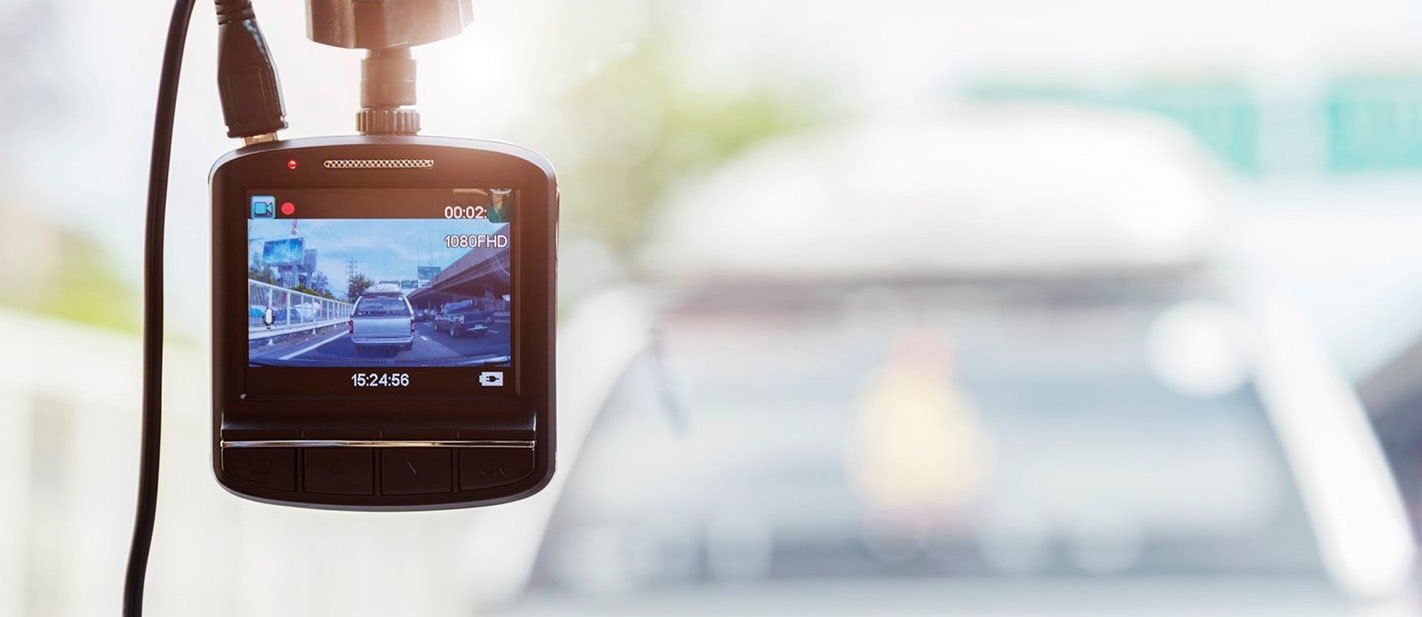Dash cam usage has tremendously increased in the last decade. Its usefulness, benefits, and functions have made it a necessity for motorists across the country. Police departments are also adopting dash cams to help fight crime and improve community policing. For example, dash cams show how police officers interact with suspects or law offenders, and can be used to show unlawful conduct. But can police prosecute with dash cam footage? Keep reading to find out.
Police departments treat dash cam footage as evidence and will prosecute law offenders caught on camera. Motorists can send footage from their dash cam to the police either by uploading it to a dedicated database, or other specified means. The police can use footage from their dash cams to prosecute law offenders at any time, though police departments hold such evidence for only 2 years. Such footage can be presented in court as evidence and will influence judgment.
However, motorists should send their dash cam footage within 2 weeks for presentation. Most minor offenses are time-based and may not get acted upon by the police after several days. Learn the intricacies of dash cam for maximum utility and proper law enforcement usage.
Table of Contents
How The Police Uses Dash Cam Footage to Prosecute Law Offenders
Police receive dash cam footage every day. However, only a couple are used due to legality issues and the eligibility and quality of the footage. Each state police has a procedure for sending dash cam footage. Check your State’s official website to find out.
However, the process is usually simple and involves either, sending it through email or uploading it to an internet database. Whatever method you use will be accompanied by a statement that the police will access alongside your submitted dash cam.
The police will scrutinize the footage to check for any form of malpractice or tampering before deciding whether or not to prosecute. If the police decide not to go further with the prosecution, it tags it NFA (No Further Action). This could be due to several reasons, including expiration of footage eligibility, malpractice, or unreliable footage.
Offenses related to overspeeding and drunk driving have a time limit of 6 months while offenders can only be served within 2 weeks. So if you have dash cam footage that’ll tremendously help the police, we suggest that you send it before the time frame elapses.
Consider purchasing dash cams with quality video coverage to adequately capture details such as license plates and other details that may help the police to identify the offending driver.
Lower-end dash cams have poor video quality and may affect the eligibility of dash cam footage. Dash cam also needs to show the significant angle that indicates that a crime is being committed.
We recommend that car owners buy dash cams with sensor-based activation. This is necessary because seeing the preceding events that led to the crime helps them judge the case better.
For example, showing 1 minute before impact where the offending swerve inappropriately may prove that he/she was driving under the influence of alcohol. It also defines or eliminates factors your defense may want to use to fight your claim.
Impact-based activation only has footage from the collision and accident. Such limited footage can deter your insurance claim.
In addition to a wide coverage to assure prosecution, dash cam footage must show the before and after of the offense. The extra cost is worth it as it fast-tracks your insurance claim even more.
One more thing: keep the footage safe. You may have to transfer it to your computer or keep it safe somewhere. It shouldn’t be edited or tampered with, even if the intention is to enhance coverage. The court may request your version of the footage if it perceives foul play.
You may also need it in case the police lose their copy. Always remove the footage as you’ll need to format your dash cam card every 2-3 days so you don’t mistakenly format the footage.
How Effective is Dash Cam Evidence
The effectiveness of dash cams can not be understated. Video evidence is very effective. You can present accurate evidence to the police and fast-track your insurance claims. This is evident in the increasing investment in dash cams in America.
While you’ll find more trucks with dash cams, private car owners are also installing advanced dash cams. Its effectiveness in fast-tracking your insurance premiums, claims, and cases are the greatest factors behind its popularity.
Asides from securing your compensation, having a dash cam installed in your vehicle allows for safer driving. A Dash cam proves that the driver is trustworthy. And besides, since any form of rough driving affects insurance claims, drivers are always driving carefully.
Having a dash cam in your vehicle is equivalent to having an instructor with you. Dash cam also provides security for your vehicle. Car thieves are deterred at the sight of a dash cam.
However, some motorists have claimed that having a dash cam has resulted in thieves breaking into their cars. Leaving any device on your dashboard is an invitation for car thieves. However, a wireless connected dash cam does more than recording. It also transmits video coverage to any connected device via WiFi. So you can see in real-time events happening around your vehicle.
Do I need to go to court after submitting dash cam footage
This is a major setback for most car owners. While submitting dash cam footage is easy and stress-free, appearing in court is something else. Motorists are not as eager to appear in court as they are eager to send in cash cam footage. This has deterred a lot of motorists from coming forward with dash cam evidence.
However, not all dash cam content may require the sender to appear in court. For instance, footage covering disorderly driving without any major outcome may not require the sender to appear in court. Nonetheless, you should know that personal details such as your home address won’t be made public.
Notwithstanding, you can choose not to appear in court if you think your security isn’t assured.
Why should I submit dash cam evidence to the police
While you may have your reservations about sending dash cam footage to the police, it is highly recommended you send any footage that you consider as evidence. For example, sending footage that clearly shows the cause of a deadly accident will help the victims receive appropriate compensation.
Check for any surrounding event when reviewing the content of your dash cam. Look out for accidents or crimes being committed before formatting your dash cam memory card.
Your dash cam evidence may make the difference in a major case, you never know.
Can I Use a Dash Cam On My Motorcycle?
While motorcycles are not designed to have dashboards, it is still possible to record events as you ride on your motorcycle. Motorcycle cameras are mounted on the helmet of the rider. He/she records the road ahead. There are a couple of inexpensive options on the market. Find the one that best fits your helmet design and pocket.
Recording is only possible when the rider is actively riding. This doesn’t provide any form of security for the motorcycle itself. Install a comprehensive security system to keep your motorcycle safe.
If you need to park by the roadside, locate spots with CCTV coverage. You can quickly contact the CCTV administrator to show you coverage if your bike gets stolen. Request a copy to send to the police and fast-track the recovery of your motorcycle.
Can Police Prosecute On With Footage From Another Dash Cam
Other motorists on the road can also send in footage of you driving against the law. You’ll be prosecuted If the police consider it admissible in court. Install a dash cam to show your view to avoid wrongful prosecution. You can inexpensive dash cam options below $100 and higher-end alternatives above $200.







